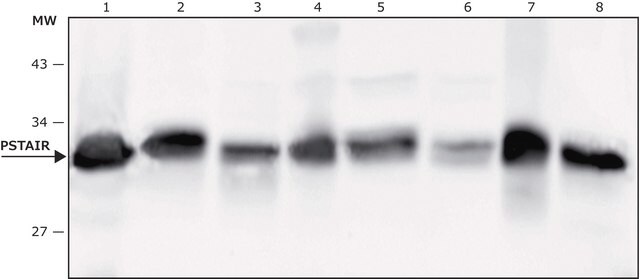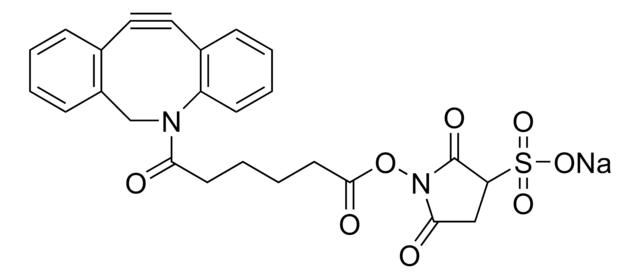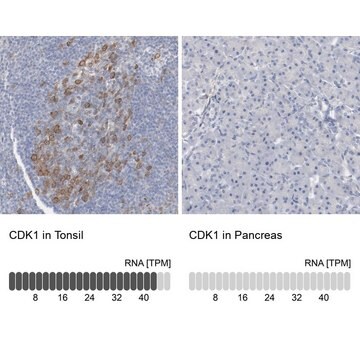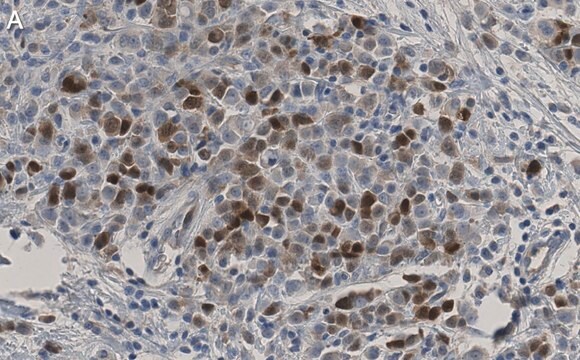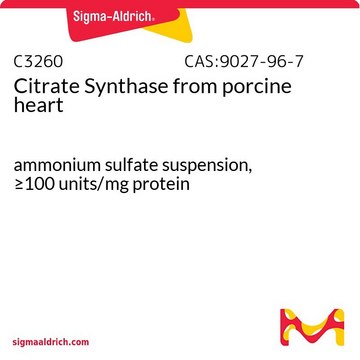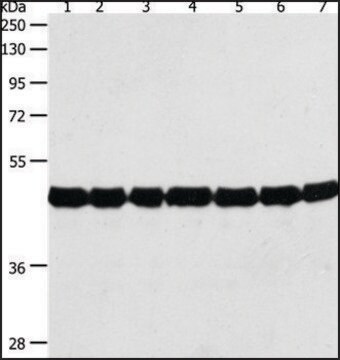P7962
Monoclonal Anti-PSTAIR antibody produced in mouse
clone PSTAIR, ascites fluid
Synonym(s):
Anti-CDC2
About This Item
Recommended Products
biological source
mouse
Quality Level
conjugate
unconjugated
antibody form
ascites fluid
antibody product type
primary antibodies
clone
PSTAIR, monoclonal
mol wt
antigen 33-34 kDa
contains
15 mM sodium azide
species reactivity
mouse, Japanese quail, human, amago salmon, eel, starfish, lily, carp, onion, goldfish, monkey, Xenopus, ciliates
technique(s)
immunoprecipitation (IP): suitable
indirect ELISA: suitable
western blot: 1:4,000 using a COS-7 cell extract
isotype
IgG1
shipped in
dry ice
storage temp.
−20°C
target post-translational modification
unmodified
Gene Information
human ... CDC2(983)
mouse ... Cdc2a(12534)
General description
Immunogen
Application
- western blot analysis
- enzyme-linked immunosorbent assay (ELISA)
- immunoprecipitation
Biochem/physiol Actions
Disclaimer
Not finding the right product?
Try our Product Selector Tool.
recommended
Storage Class Code
10 - Combustible liquids
WGK
nwg
Flash Point(F)
Not applicable
Flash Point(C)
Not applicable
Certificates of Analysis (COA)
Search for Certificates of Analysis (COA) by entering the products Lot/Batch Number. Lot and Batch Numbers can be found on a product’s label following the words ‘Lot’ or ‘Batch’.
Already Own This Product?
Find documentation for the products that you have recently purchased in the Document Library.
Our team of scientists has experience in all areas of research including Life Science, Material Science, Chemical Synthesis, Chromatography, Analytical and many others.
Contact Technical Service